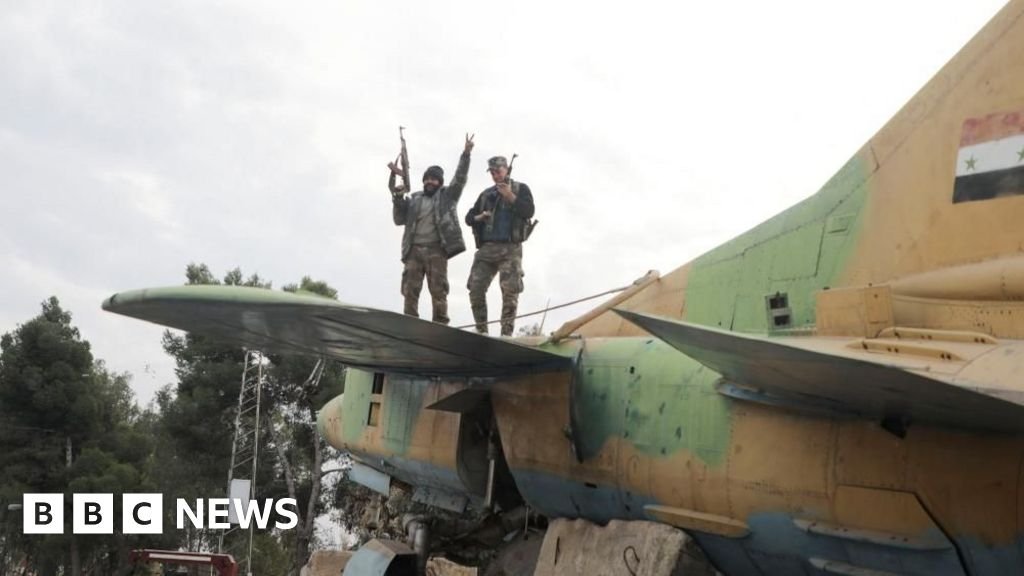The end of the Assad family’s fifty-year rule will change the balance of power in the region.
Iran, once again, is seeing its influence take a significant hit. Syria under Assad has been part of the link between the Iranians and Hezbollah, and has been key in transferring weapons and ammunition to the group.
Hezbollah itself is greatly weakened after the war with Israel.
Iran has also seen Houthis in Yemen targeted by airstrikes. All of these factions, along with militias in Iraq and Hamas in Gaza, form what Tehran describes as the “Axis of Resistance,” which is now seriously damaged.
This new picture will be celebrated in Israel, where Iran is seen as an existential threat.
Many believe that this offensive could not have happened without the blessing of Turkey. President Recep Tayyip Erdogan has for some time demanded that Assad participate in negotiations to find a diplomatic solution to the conflict that would allow the return of Syrian refugees.
At least three million of them are in Turkey, and this is a sensitive issue at the local level.
But Assad refused to do so.
Turkey, which backs some rebels in Syria, denies supporting HTS.
Many people are happy that Assad is gone.
But what happens next? HTS has its roots in al-Qaeda and a violent past.
They have spent recent years trying to rebrand themselves as a nationalist force, and their recent messages have a diplomatic and conciliatory tone.
But many remain unconvinced, and are worried about what they may be planning to do after the regime is toppled.

